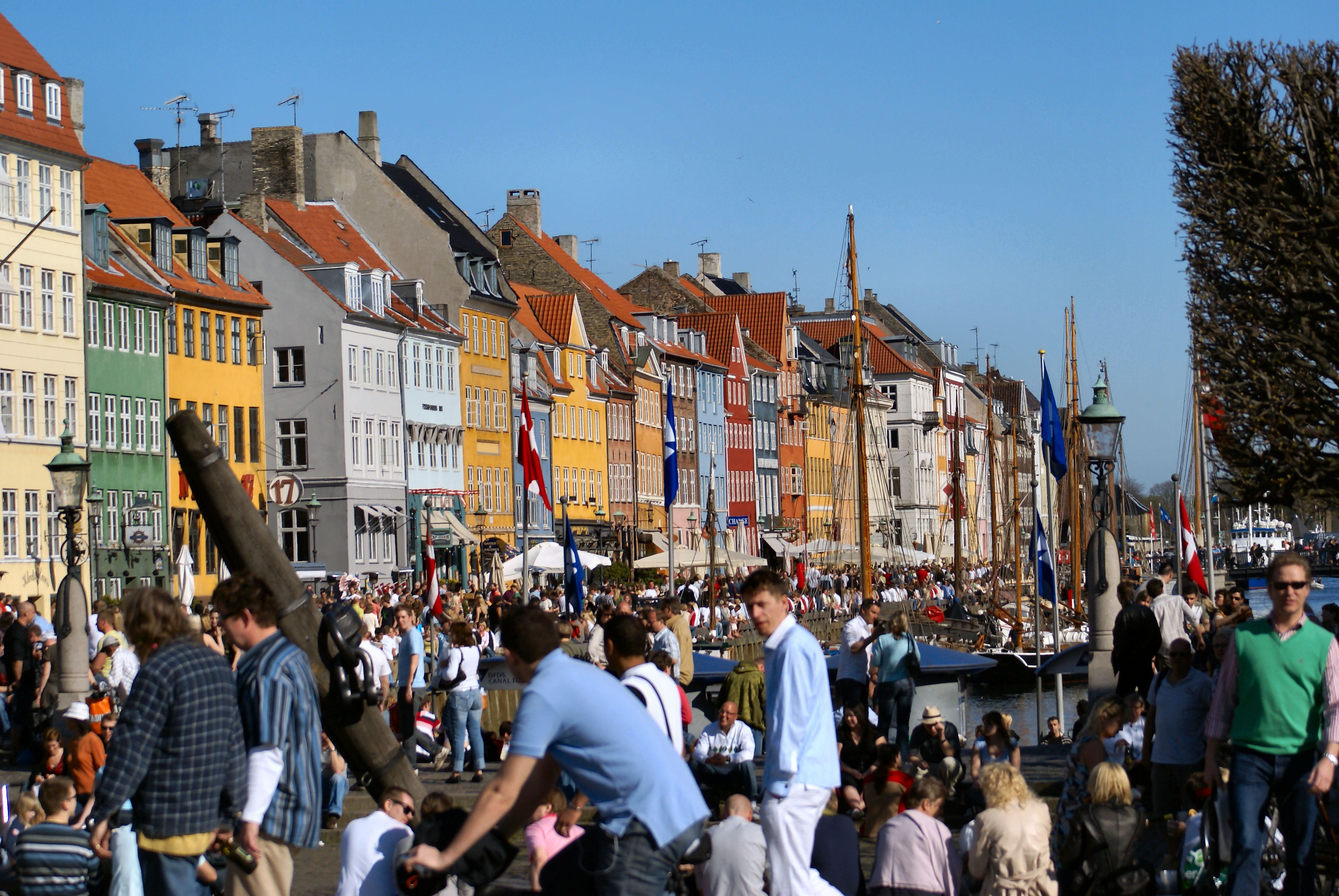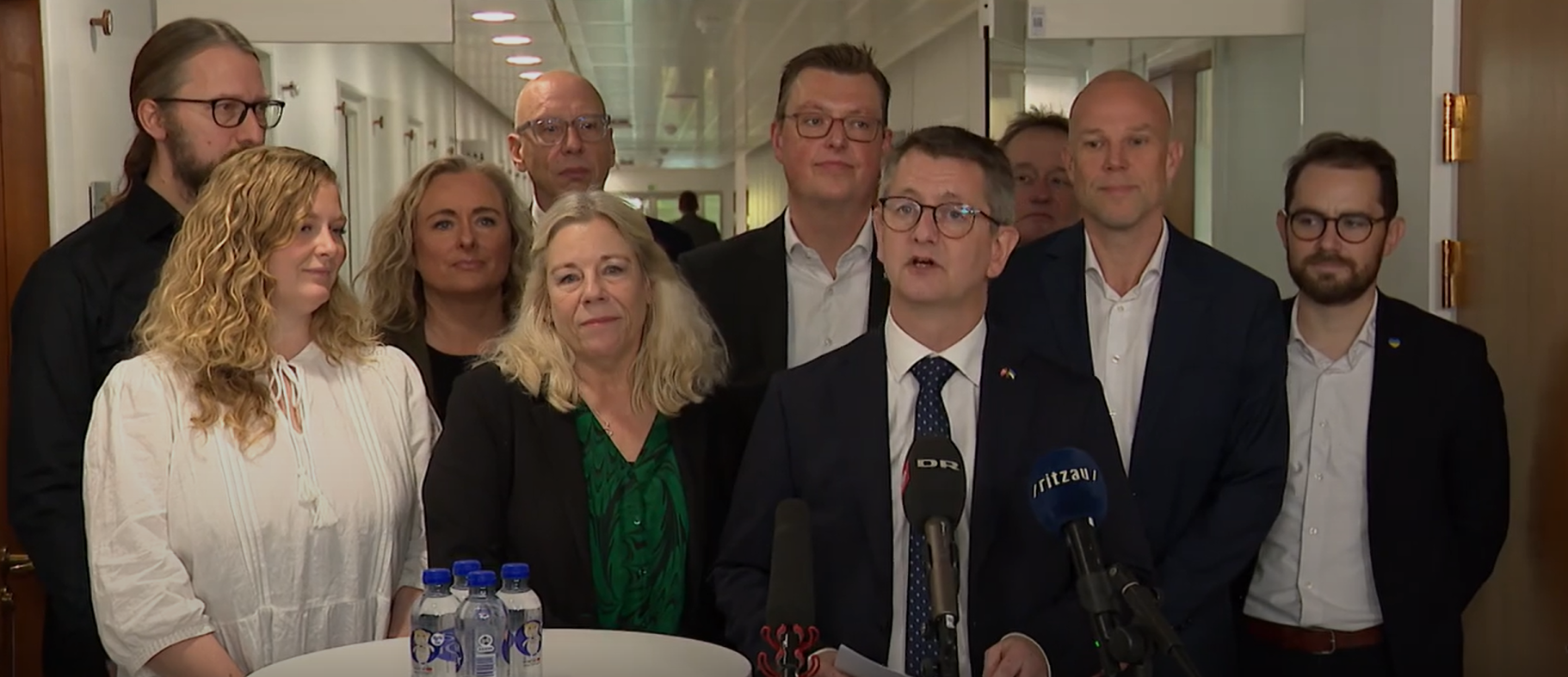Figures gathered by the independent research group Farmsubsidy have indicated that the subsidies, much needed in the struggling Danish agricultural sector, are instead falling into the hands of undeserving parties that have nothing to do with agriculture.
The list of beneficiaries who receive the billions of kroner from the EU agricultural subsidy program include everything from airports and amusement parks to golf clubs and camping grounds.
The funds were earmarked for farmers, but a loophole in the law that states that land which could potentially be used for agriculture qualifies, meaning that many other parties have been reaping the benefits. According to Carsten Daugbjerg, a professor at the Institute of Food and Resource Economics at the University of Copenhagen, said that was not the aim of the subsidies.
“Nobody had any intentions that airports, golf clubs and the like should be granted a part of the agriculture subsidy when it was created,” Daugbjerg told Politiken newspaper.
In addition, the list of over 50,000 recipients also include the state and the public sector. Some 26 councils, two regions and state-owned bodies such as the Danish coastal authority, Kystdirektoratet, have been receiving the funds.
The purpose of the EU programme was to disperse 220 billion kroner a year across the EU to improve the living conditions of farmers. Some 6.7 billion kroner of the funds go to Denmark.
Denmark’s former EU commissioner of agriculture, Mariann Fischer Boel (Venstre), found it outrageous that a golf club is getting money from the EU.
“Unfortunately, there are lots of these kinds of absurd beneficiaries,” Boel told Politiken. “Considering the intentions of the agricultural subsidy, it is ridiculous that they should be receiving money, for the simple reason that they do not operate within the agricultural sphere.”
The EU has been conscious of the issue since 2008, but despite encouraging the member states to make their own rules so that only farmers would receive the subsidy, nothing has changed.
Mette Gjerskov (Socialdemokraterne), Denmark's minister of agriculture, told Politiken that the EU agricultural initiatives were obviously not created to aid airports or amusement parks, but she feared that too much bureaucracy would hinder major changes.
The EU commission will try to prevent some of the non-farmers from getting a piece of the pie by creating a so-called 'negative list', which would contain types of applicants that should not be granted the subsidies, and will reduce the number of undeserving beneficiaries.
Farmers themselves support the 'negative list' for two important reasons, full-time farmer Henrik Frandsen said.
“It will be important on two fronts, the first being that the money will actually be going to the farmers,” Frandsen told Politiken. “But, the second is that, in the public eye, it is important that the farmers receive support for supplying an effective, modern and quality service, and for them it is a matter of principle."











